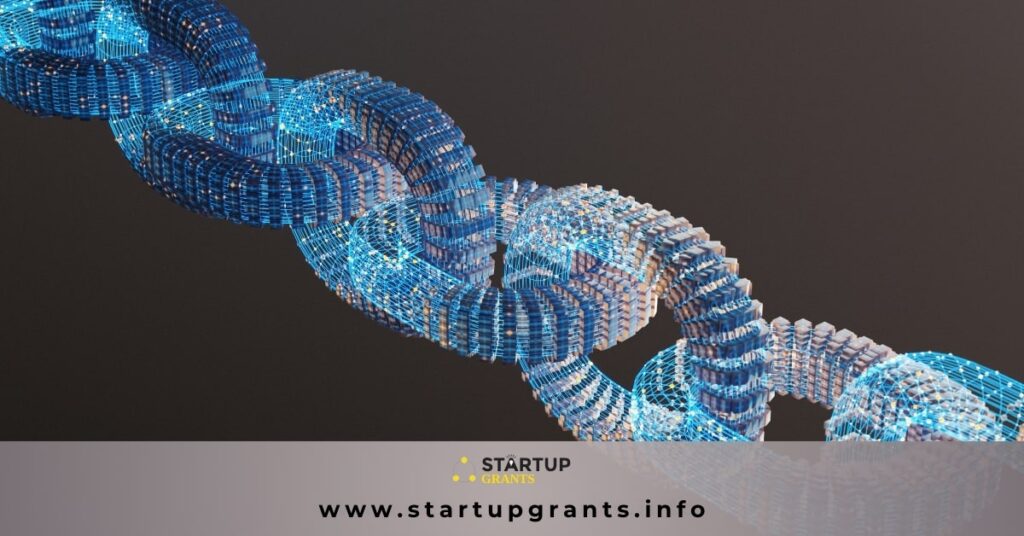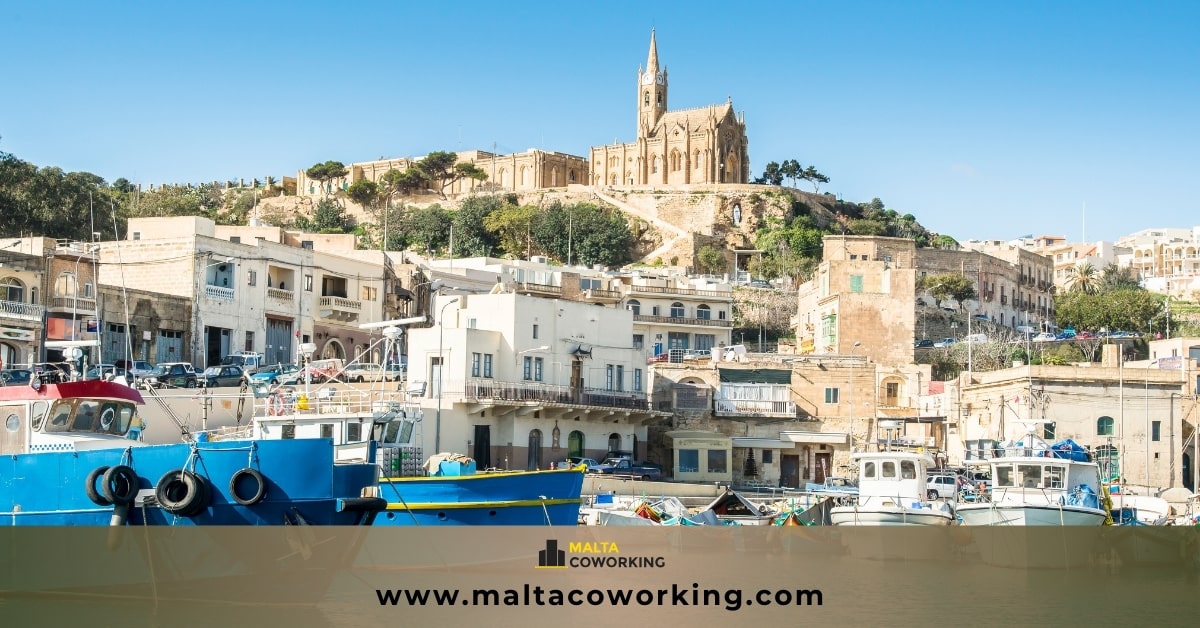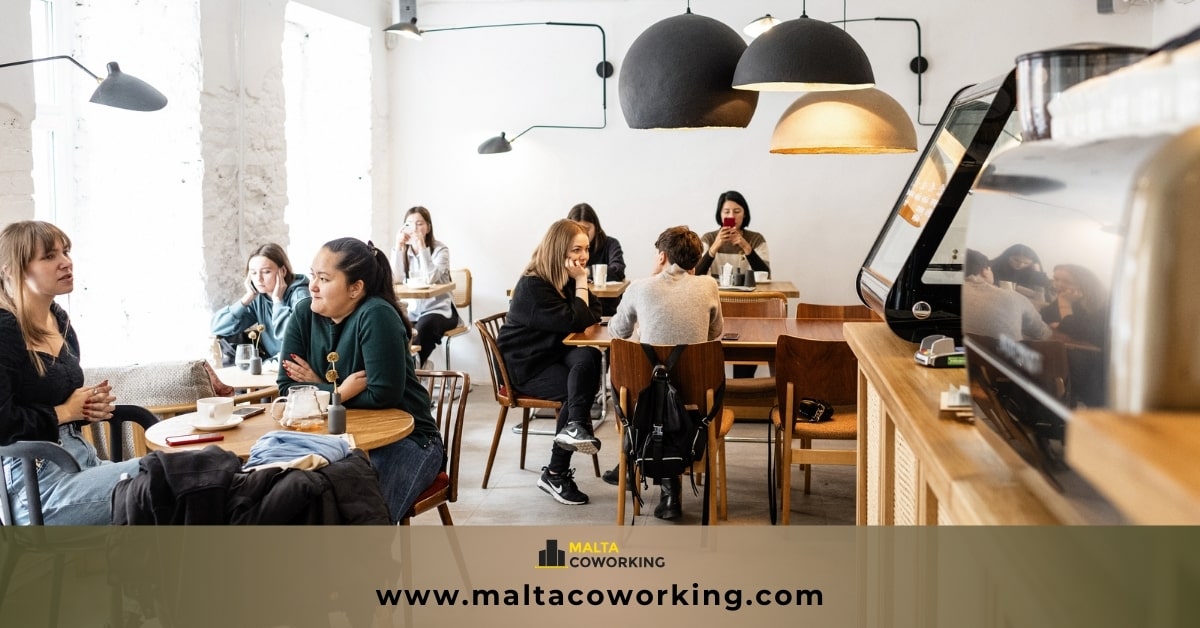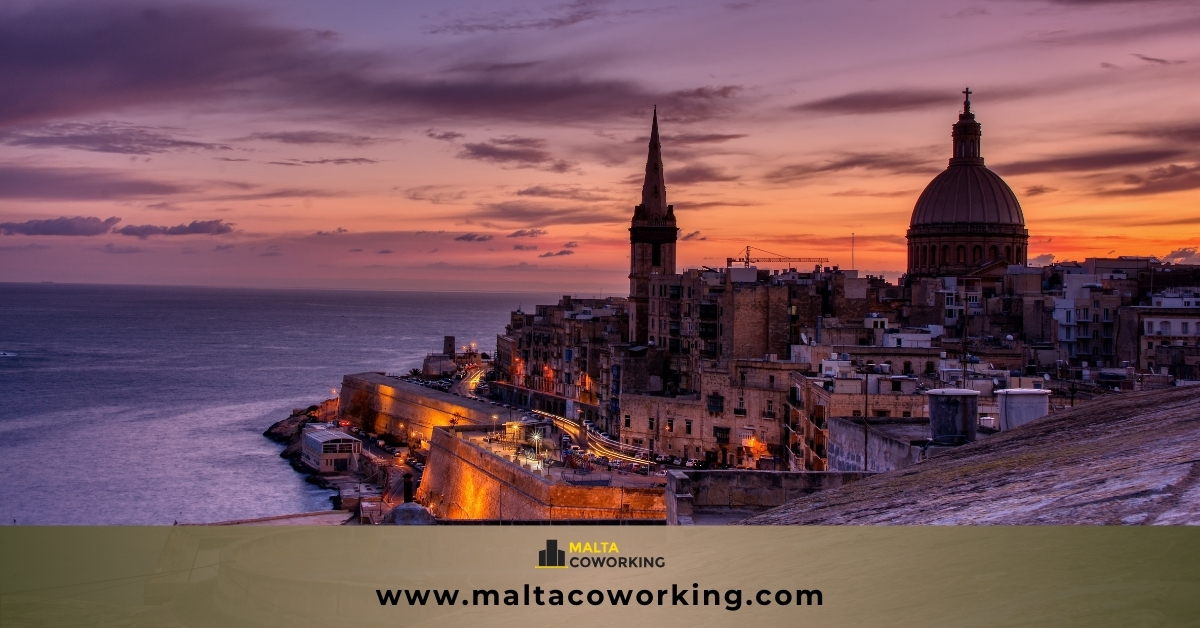Blockchain technology has seen rapid growth over the past decade, reshaping industries from finance to healthcare. At its core, blockchain serves as a decentralised digital ledger that records transactions across multiple computers. This structure provides transparency, security, and immutability of data, offering businesses a powerful tool to improve operations. In Malta, known for its innovative and business-friendly environment, blockchain is making waves, especially within coworking spaces.
Businesses seeking to tap into blockchain’s potential find Malta’s vibrant coworking sector the ideal environment. By integrating blockchain, these shared workspaces gain greater efficiency, security, and transparency. This article explores how blockchain for business is revolutionising coworking spaces in Malta, highlighting the practical benefits and the technology’s future potential.
The Rise of Blockchain in Malta
Malta has emerged as a global leader in blockchain and cryptocurrency, earning the title “Blockchain Island.” The Maltese government pioneered regulations that foster blockchain innovation, helping position the country as a hub for digital advancements. Through initiatives such as the Malta Digital Innovation Authority (MDIA) and the Virtual Financial Assets Act (VFAA), Malta promotes the use of blockchain across multiple industries.
Blockchain for business in Malta isn’t limited to the financial sector. It’s making its mark across various fields, with coworking spaces benefiting significantly. The rise of blockchain-based startups on the island has transformed coworking spaces into fertile ground for innovation and collaboration.
Blockchain in Coworking Spaces: A New Frontier
Streamlining Operations and Payments
Coworking spaces face challenges in managing payments, invoicing, and memberships. Blockchain can streamline these operations by automating transactions through smart contracts. Smart contracts contain self-executing terms, which allow payments for memberships, services, and utilities to occur automatically, bypassing intermediaries like banks. This automation not only saves time but also reduces transaction costs.
Enhancing Transparency and Trust
Blockchain’s transparency strengthens trust among coworking space users. The technology creates permanent records of transactions, such as payments and service agreements, which are accessible to all involved parties. This eliminates disputes over payments or services, as all the data remains verifiable.
In Malta, where businesses from diverse sectors share coworking spaces, trust becomes vital. Blockchain helps create an accountable environment where companies can collaborate with confidence, knowing that transactions remain transparent.
Improving Security and Data Privacy
Data security remains a top priority for businesses, particularly in shared work environments. Blockchain enhances security by providing a decentralised, tamper-proof method for storing data. In coworking spaces, sensitive information like financial data and business strategies stays secure, accessible only to authorised individuals.
With many digital startups and fintech companies operating in Malta’s coworking spaces, blockchain’s security features give businesses a distinct advantage. By safeguarding intellectual property and private data, companies can focus on growth without worrying about potential security breaches.
Blockchain-Enabled Services for Coworking Spaces
Tokenisation of Memberships
Coworking spaces can use blockchain to introduce tokenised memberships. Digital tokens represent membership rights and can be bought, sold, or traded among users. This model offers flexibility, allowing businesses to adjust their coworking needs as they evolve.
Tokenisation also allows coworking spaces in Malta to adopt dynamic pricing. For example, tokens could represent time spent in the coworking space, giving members flexibility to trade or redeem tokens as their needs change. This adds a level of personalisation that appeals to a broad range of users, from freelancers to large corporations.
Decentralised Identity Management
Blockchain facilitates decentralised identity management, giving users control over their personal data. Users decide which information to share with coworking providers, enhancing privacy and security.
Coworking spaces in Malta benefit by onboarding new members more efficiently, reducing the risk of identity theft or fraud. With data securely stored on the blockchain, members enjoy peace of mind knowing their information is safe from tampering.
Crowdsourcing and Crowdfunding for Coworking Communities
Blockchain also makes crowdfunding and crowdsourcing easier. Coworking spaces can issue digital tokens to raise capital from members or the wider business community. This creates a participatory model where members feel invested in the space’s growth.
In Malta, where entrepreneurship thrives, blockchain-enabled crowdfunding could drive expansion and new projects. It builds a sense of ownership among members, encouraging greater engagement and collaboration.
The Role of Blockchain in Coworking Space Collaboration
Facilitating Cross-Border Collaboration
With Malta’s strategic location and blockchain-friendly stance, international businesses find it an attractive place to operate. Blockchain simplifies cross-border collaborations by allowing secure and efficient transactions between parties in different countries.
Smart contracts facilitate partnerships between local and international businesses using coworking spaces in Malta. These contracts automate agreements, payments, and intellectual property rights, ensuring that collaborations run smoothly and fairly.
Building a Decentralised Community of Innovators
Blockchain encourages the creation of decentralised communities, where individuals and businesses collaborate without central control. In coworking spaces, this allows members to organise themselves, share resources, and even vote on decisions through blockchain-based governance systems.
For Malta’s coworking spaces, this decentralised approach creates a more democratic and inclusive environment. All businesses, regardless of size, can contribute to shaping how the space operates, ensuring that it meets the needs of its diverse members.
The Future of Blockchain for Business in Coworking Spaces
Expanding Blockchain Use Cases in Malta
Blockchain’s role in coworking spaces will likely expand as technology continues to evolve. Malta’s forward-thinking regulatory environment makes it a leader in adopting blockchain solutions. New possibilities include blockchain-powered marketplaces within coworking spaces for hiring freelancers or sharing specialised tools.
As blockchain gains further traction, coworking spaces in Malta could introduce resource-sharing systems that make it easier for members to exchange equipment or rent meeting rooms. This would streamline access to shared resources and help foster a more collaborative environment.
Integrating Blockchain with Other Emerging Technologies
Blockchain doesn’t operate in isolation. Its integration with emerging technologies such as artificial intelligence (AI) and the Internet of Things (IoT) holds exciting potential for coworking spaces.
For example, IoT devices could monitor coworking spaces in real-time, while blockchain securely manages the data. AI systems could analyse this data to optimise resource allocation, energy use, and operational efficiency, creating a smarter and more sustainable coworking environment.
Blockchain as the Future of Coworking in Malta
Blockchain technology is set to transform how businesses operate in Malta’s coworking spaces. It offers a powerful combination of enhanced transparency, security, and efficiency. From streamlining payments to improving collaboration, blockchain opens new doors for businesses of all sizes.
As Malta continues to lead in blockchain innovation, coworking spaces on the island will play a critical role in shaping the future of business operations. Blockchain for business represents more than just a trend—it is a fundamental shift in how businesses engage with each other and their communities.
Blockchain for Business FAQs
What is Blockchain Technology?
Blockchain is a decentralized digital ledger that securely records transactions across multiple computers. This technology ensures transparency, security, and immutability of data, making it a reliable solution for various applications.
How Does Blockchain Benefit Coworking Spaces in Malta?
Blockchain technology streamlines operations in coworking spaces by automating payments, enhancing transparency, and improving data security. These benefits lead to more efficient and user-friendly coworking environments.
What Are Smart Contracts, and How Do They Work in Coworking Spaces?
Smart contracts are self-executing agreements with terms directly written into code. In coworking spaces, they automate transactions and agreements, eliminating the need for intermediaries and reducing operational friction.
How Does Blockchain Improve Security in Coworking Spaces?
Blockchain’s decentralized architecture ensures that data remains tamper-proof, providing coworking spaces with a secure method for storing sensitive business information and enhancing overall security.
What is Tokenization, and How Does It Apply to Coworking Memberships?
Tokenization involves creating digital tokens that represent membership rights in coworking spaces. These tokens can be traded or redeemed, offering users greater flexibility and options in managing their memberships.
Why is Malta Considered a Blockchain-Friendly Country?
Malta has established a regulatory framework that fosters blockchain innovation, making it an attractive destination for businesses looking to integrate blockchain technology into their operations. This supportive environment encourages growth and development in the blockchain sector.








